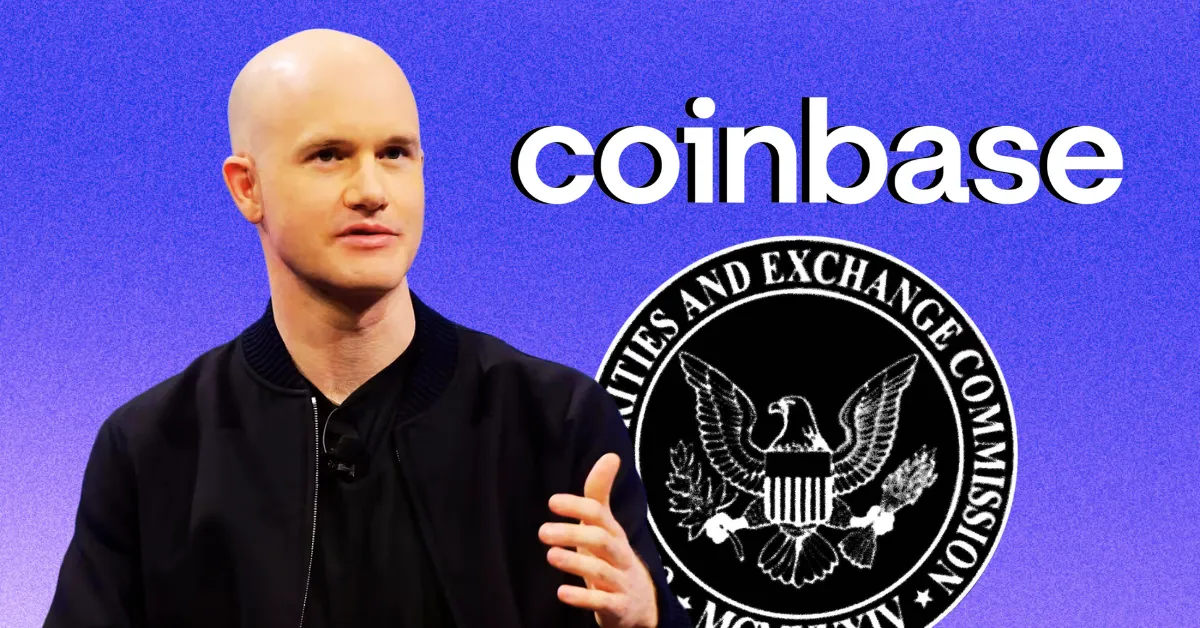
The Federal Deposit Insurance Corporation (FDIC) has come under fire for its extensive redactions in documents requested by Coinbase, a leading cryptocurrency exchange. The request was aimed at uncovering the government’s actions concerning the crypto industry. However, the heavy blackouts in the documents have led to suspicions that significant details are being withheld, raising concerns about transparency and accountability.
Judge Criticizes FDIC’s Lack of Transparency
On December 12, 2023, Judge Ana C. Reyes expressed her dissatisfaction with the FDIC’s response to a court order. The judge accused the agency of failing to provide transparency, highlighting the extensive redactions that obscured critical information about the government’s stance on cryptocurrency. The ruling was a clear indication that the FDIC’s opaque approach was not acceptable, signaling a need for greater openness in governmental proceedings.
Coinbase Demands Transparency in Crypto Oversight
Paul Grewal, Chief Legal Officer at Coinbase, voiced his concerns regarding the FDIC’s actions on social media. He questioned, “What is the FDIC working so hard to hide?” This sentiment echoes a broader anxiety within the crypto community about potential government efforts to undermine the industry. Grewal’s comments highlight a growing fear that regulatory bodies might be attempting to stifle innovation and growth within the crypto sector through non-transparent means.
Implications for Future Crypto Regulations
The ongoing legal battle between Coinbase and the FDIC is part of a larger narrative concerning the future of cryptocurrency regulation in the United States. Some experts suggest that this case is connected to a governmental initiative dubbed “Operation Choke Point 2.0,” which critics argue is designed to restrict the operations of crypto businesses. The outcome of this case is expected to have far-reaching effects on how crypto regulations are shaped in the coming years.
With significant leadership changes on the horizon in the U.S. government, there is speculation that the regulatory landscape for cryptocurrencies may shift. The recent electoral victory of Donald Trump is seen by some as a potential catalyst for a more favorable environment for crypto. Additionally, the resignation of SEC Chair Gary Gensler and FDIC Chair Martin Gruenberg has paved the way for new leadership that could be more sympathetic to the crypto industry. Paul Atkin, noted for his pro-crypto stance, is set to take over as FDIC Chair, while Brian Quintenz, recognized for his crypto-friendly background, may become the head of the Commodity Futures Trading Commission (CFTC).
The outcome of the Coinbase and Ripple versus SEC cases is anticipated to serve as a benchmark for fair and transparent judgment in the crypto regulatory space. A resolution in these cases could potentially reduce governmental interference and lead to the establishment of clearer, more concrete regulations, ultimately fostering innovation and growth within the cryptocurrency sector.






